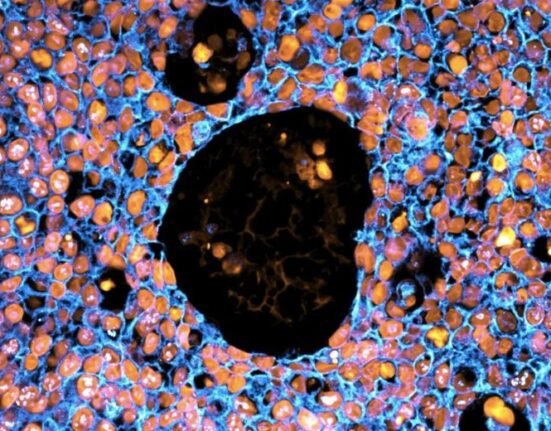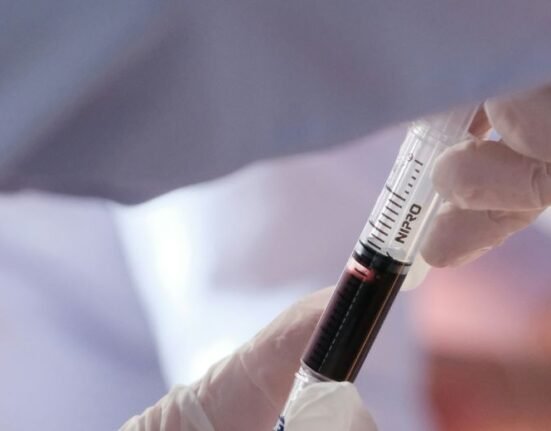HQ Team
May 16, 2024: Preeclampsia is a serious hypertensive complication of pregnancy that affects roughly 2% to 8% of pregnant women worldwide. There are blood and urine tests that can help predict eclampsia but they are available only in the mid and later stages of pregnancy. A new blood test now can help predict a woman’s risk of the condition in the first trimester itself.
It’s the first test in the United States that can be used between 11 and 14 weeks gestation to determine the risk of preeclampsia before 34 weeks of pregnancy, according to the makers of the test, Labcorp.
“By giving healthcare providers another tool to assess preeclampsia risk in their pregnant patients with objective biomarkers, we’re helping to advance prenatal care and improve outcomes for mothers and their babies,” Labcorp’s Chief Medical and Scientific Officer Dr. Brian Caveney said in a news release.
Preeclampsia is the second leading cause of maternal mortality worldwide. Roughly one in 25 pregnancies in the U.S. is affected by preeclampsia, which poses an even greater risk for non-Hispanic Black women, who experience the condition at a 60% higher rate compared to white women.
Reservations on use
The new test has raised some questions among the medical fraternity. The medical experts are not sure about the test’s accuracy and whether it is safe to be tested in pregnant women. And on what basis it should be decided to test the patient. Also, there needs to be an evidence-based intervention to either prevent or reduce the impact of the disease that is predicted early.
At most, it can be employed to test people who have suffered eclampsia in an earlier pregnancy. These patients are more prone to suffer from preeclampsia and are followed differently throughout their pregnancy.
There is no cure for preeclampsia, apart from delivering the baby, although some cases can be managed with medications that include blood pressure drugs.
Labcorp test
The new test measures the risk of preeclampsia with up to 90% sensitivity and 90% specificity, according to Labcorp. Sensitivity is the ability to identify pregnancies at high risk, while specificity refers to the opposite. The blood-based test produces a risk score by measuring two biochemical markers – placental growth factor (PlGF) and pregnancy-associated plasma protein-A (PAPP-A) – and two biophysical markers – mean arterial pressure (MAP) and uterine artery pulsatility index (UtAPI).
Labcorp’s test is based on published data from two principal studies, The SPREE study (Screening Program for Pre-eclampsia) and the ASPRE trial, demonstrating the significant benefits of combining maternal factors with biomarkers for early screening.
Labcorp is in talks with health insurers to see if the test could be covered. It is priced at about $240.
FDA approval
The Food and Drug Authority (FDA) has approved another blood test that can predict earlier and more accurately whether a woman will develop severe preeclampsia during pregnancy.
The test works by detecting sFlt1 and PIGF, two proteins in the blood that predict poor outcomes from preeclampsia. The test can be used between 23 and 35 weeks of pregnancy in women who have symptoms of hypertension or already suffer from it.
The test has been developed by a leading professor of obstetrics and gynecology at the University of Chicago Medicine in collaboration with Cedars-Sinai Medical Center.








